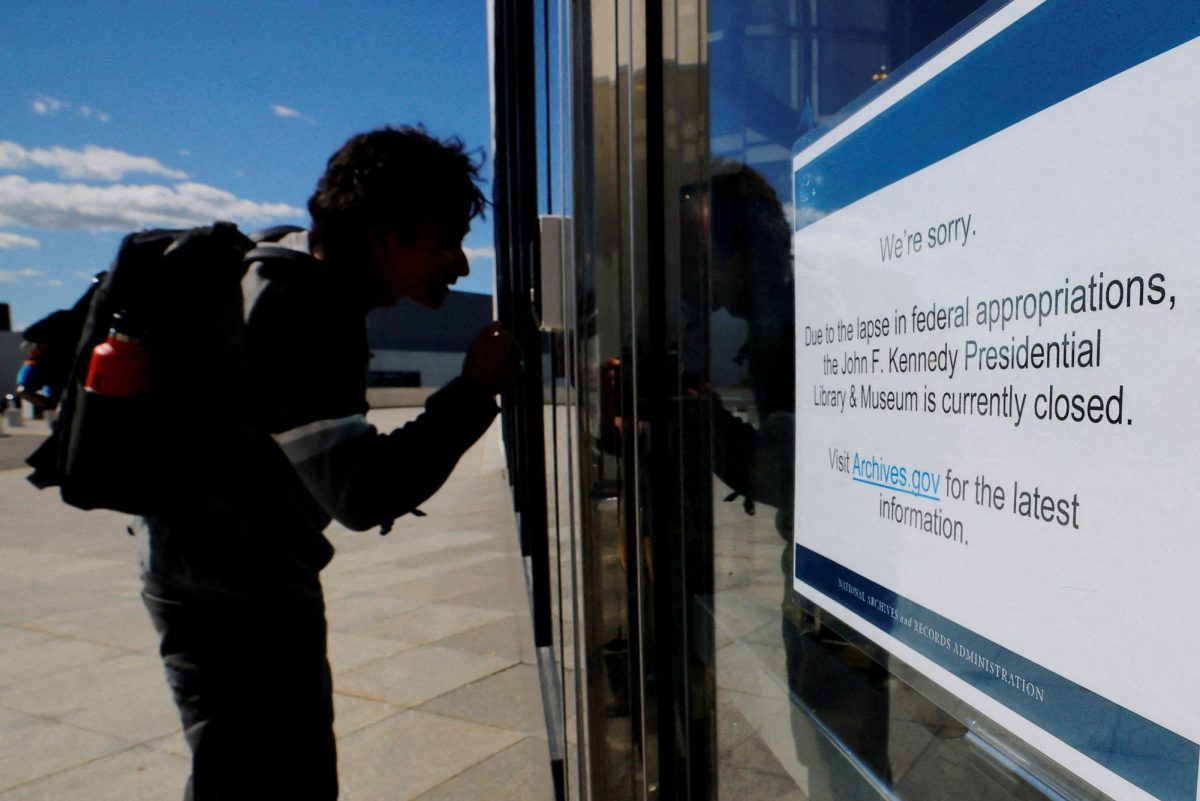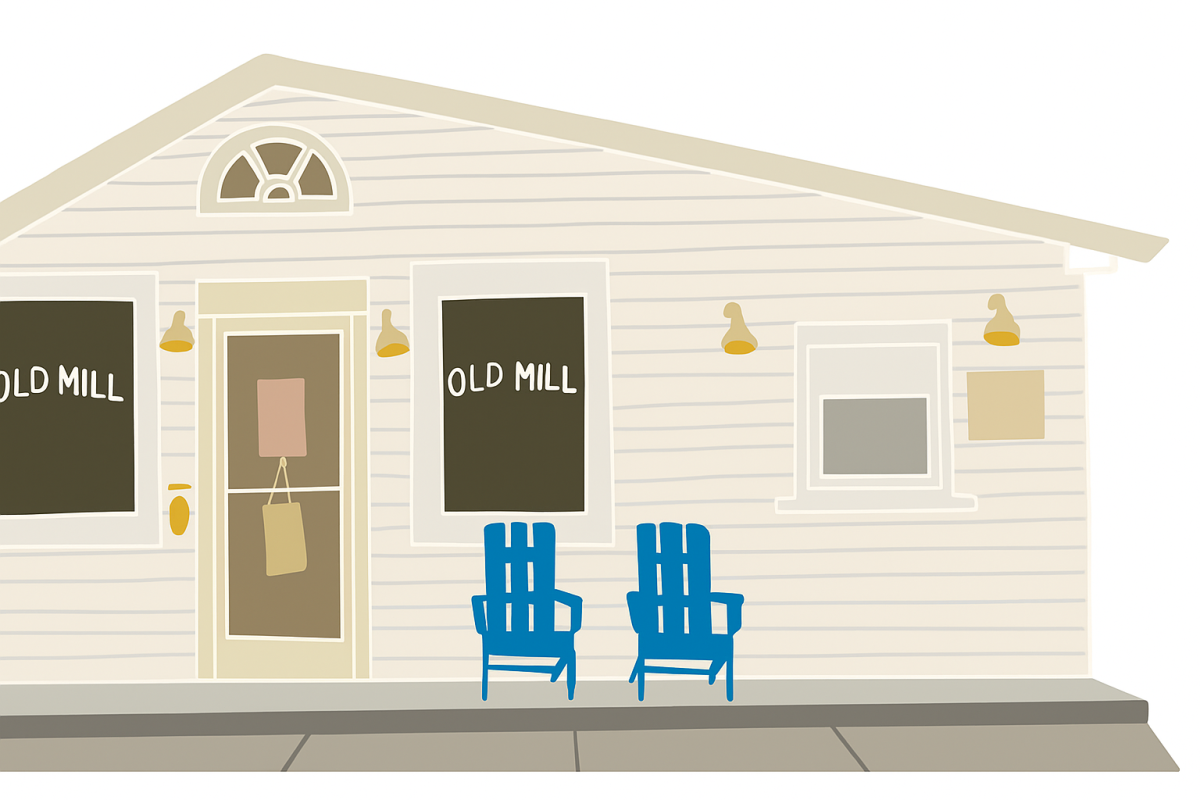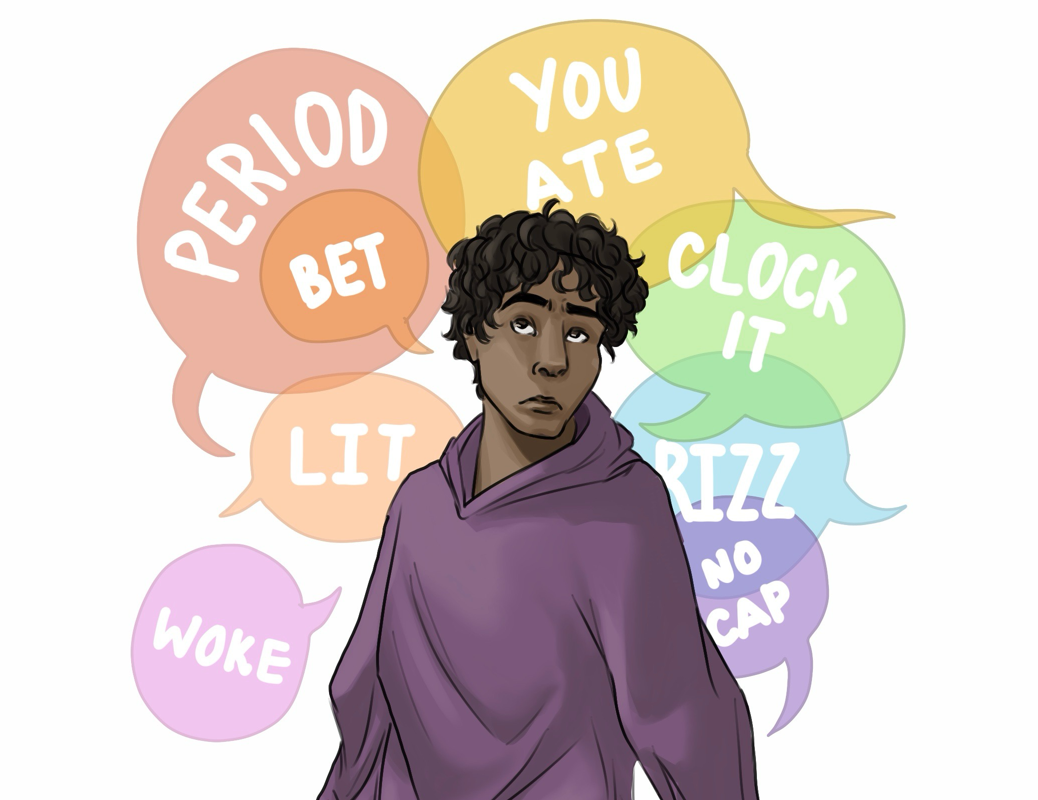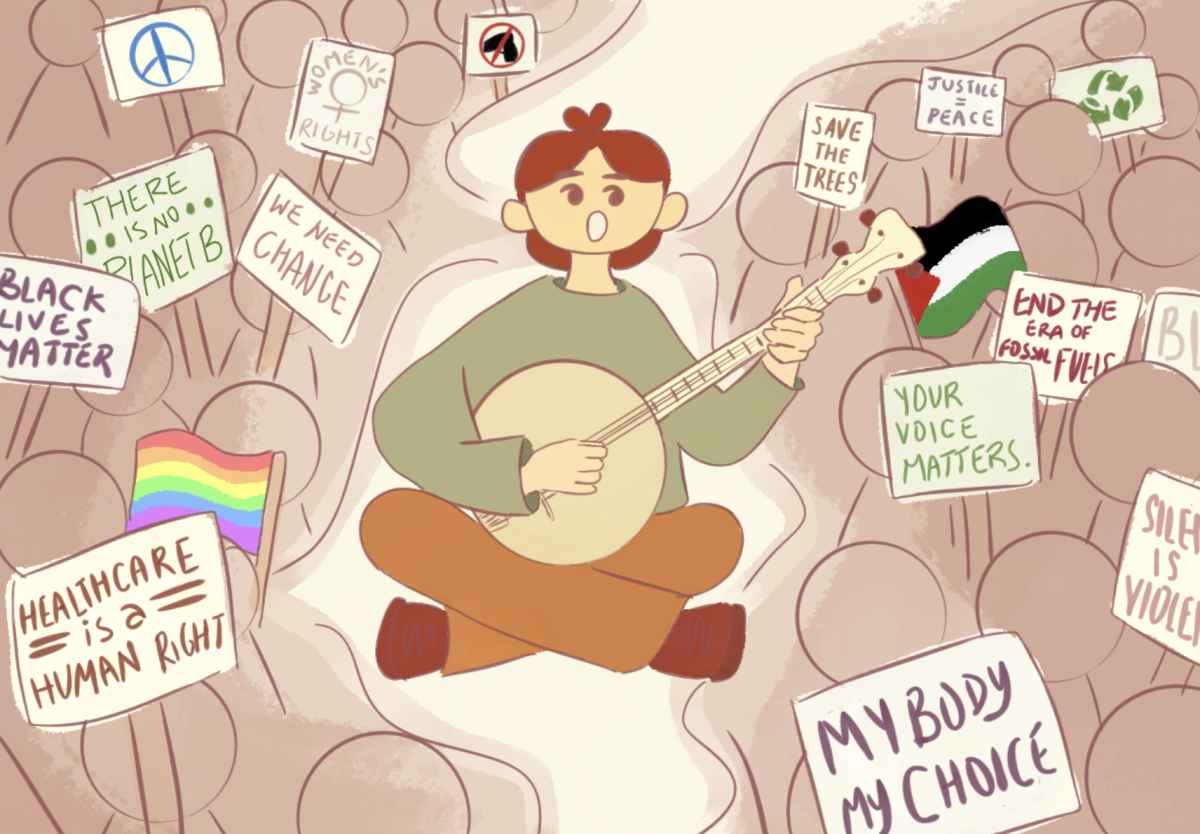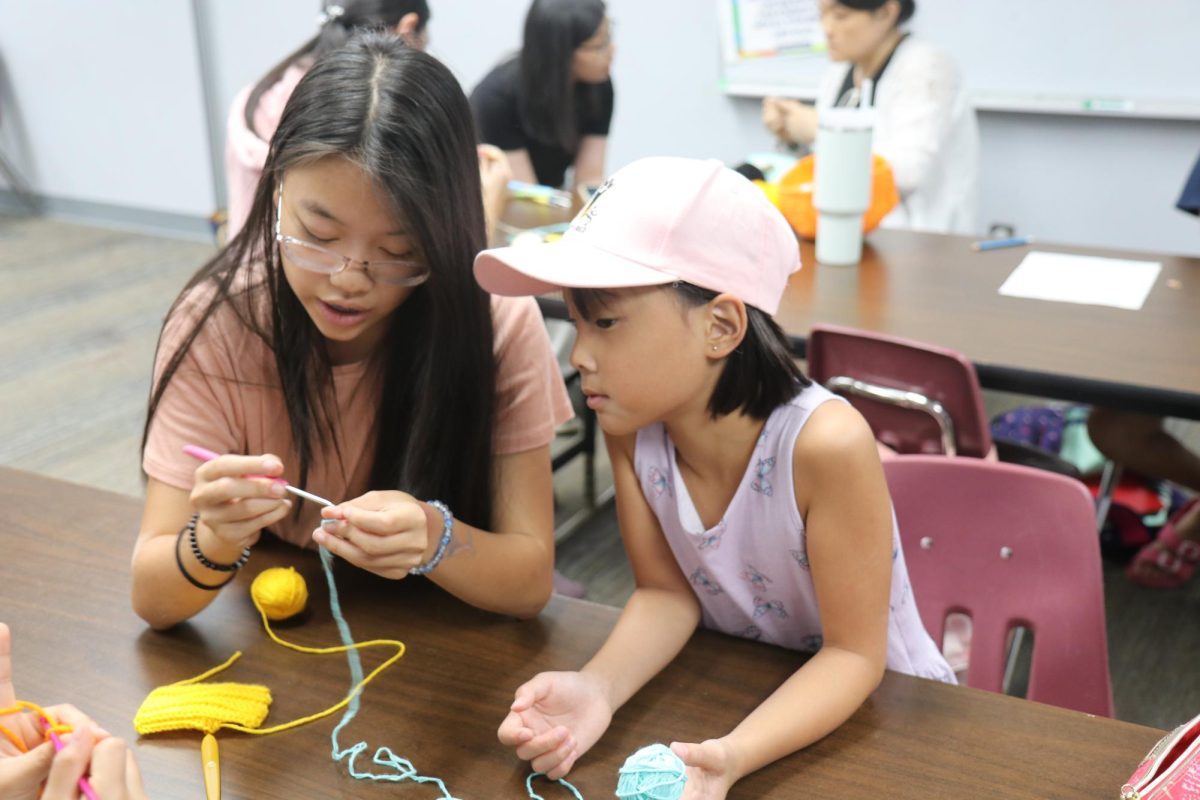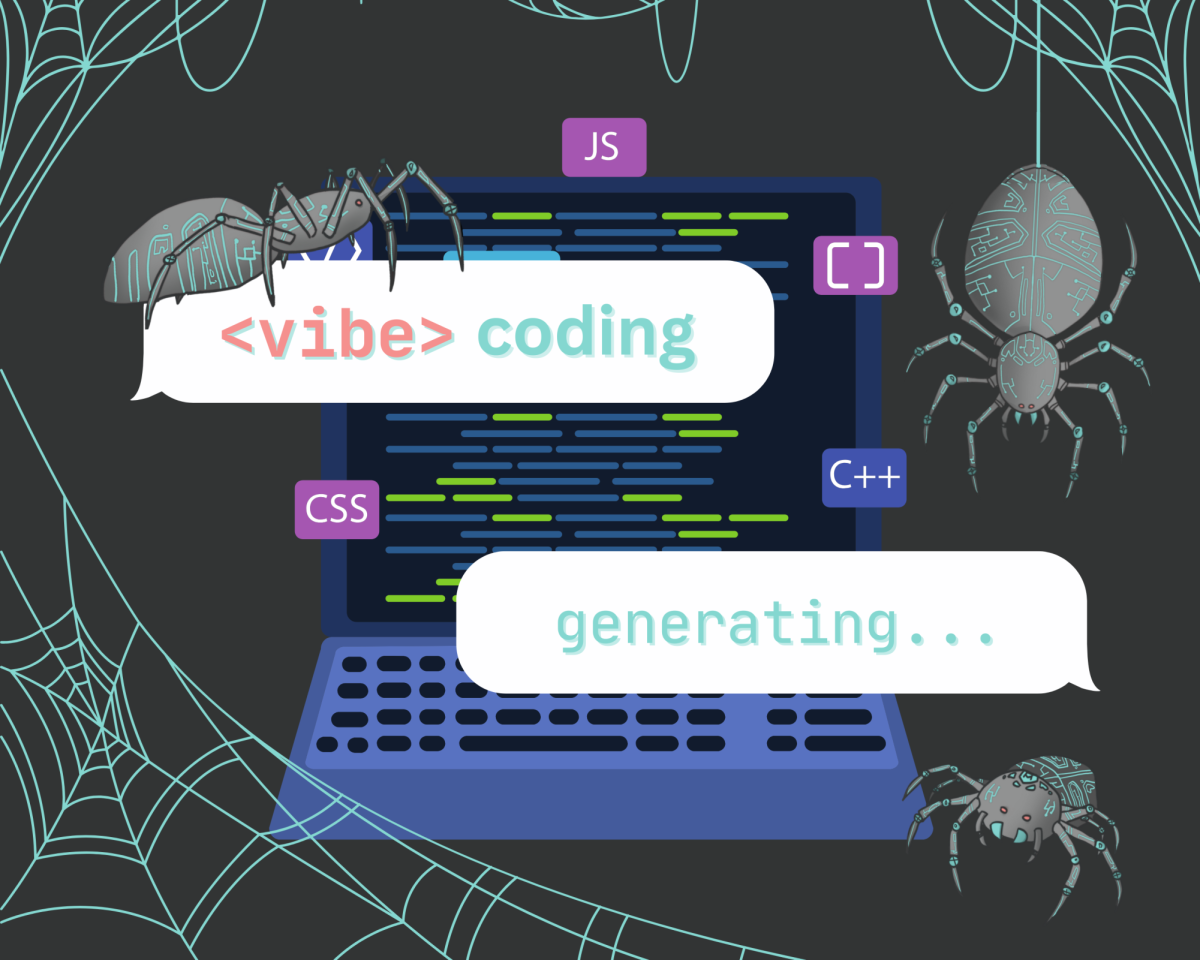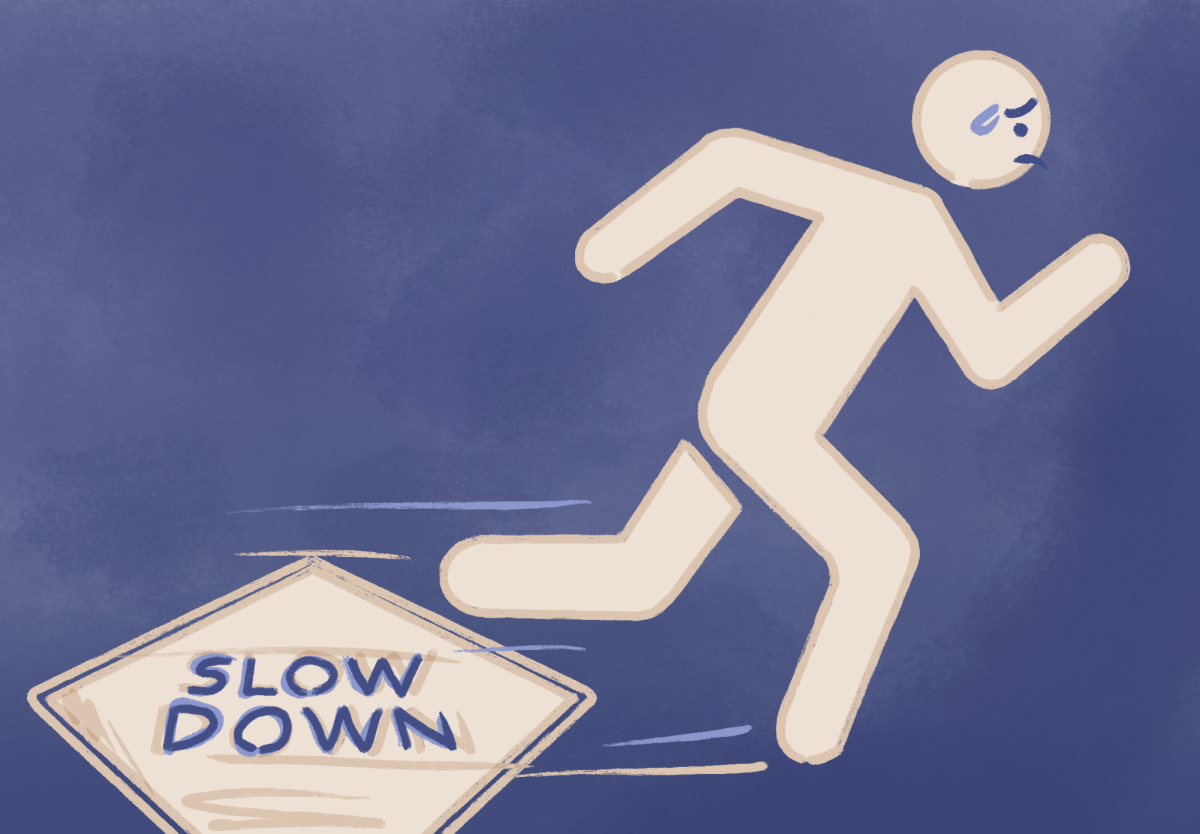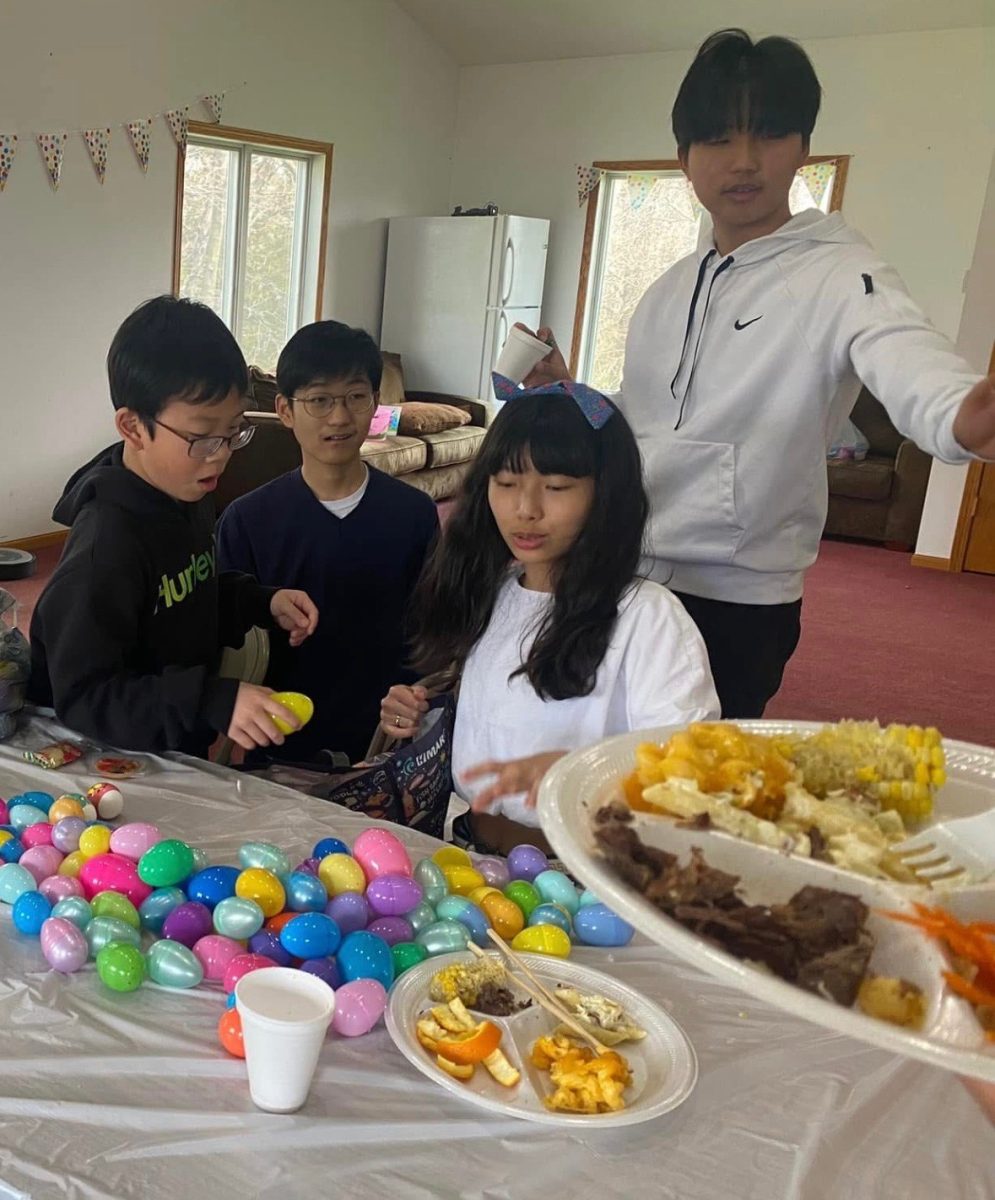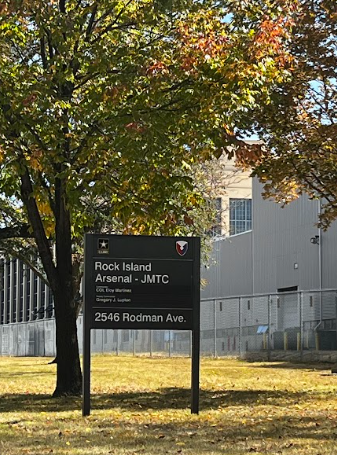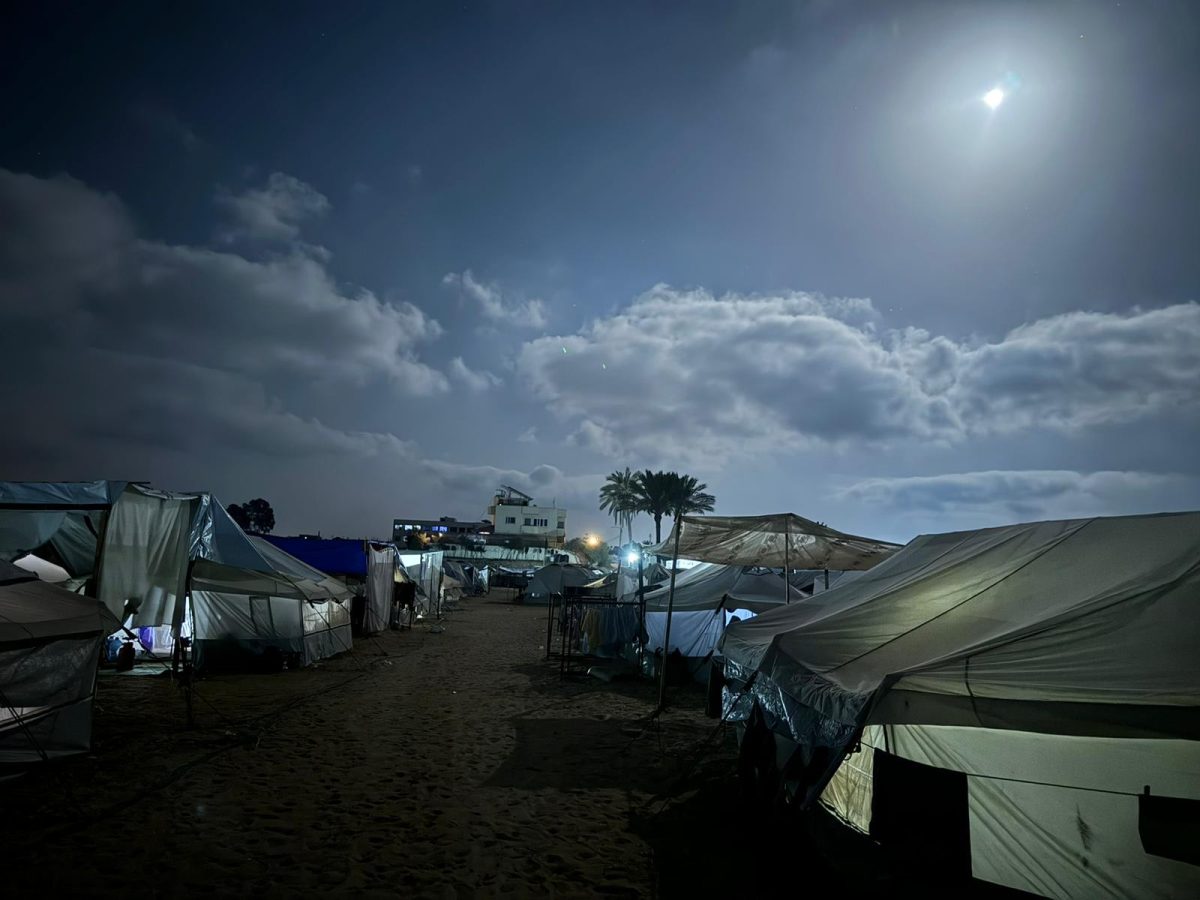A former Wake Forest Fulbright Arabic teaching assistant from 2020-2022 is currently trapped in the Gaza Strip with her family as the Israeli government continues to restrict travel out of the country. Wake Forest community members are working to get her and her family to safety.
Maram Ahmed, who is living in a shelter with her mother and two brothers, has faced an onslaught of tragedy since the beginning of the Israel-Hamas war.
On Oct. 7, Hamas launched a surprise attack on Israeli towns bordering the Gaza Strip. Approximately 1,200 Israelis died and about 240 hostages were taken as a result of the attacks. In response, Israel has conducted air strikes and sent troops into Gaza, a region that now faces a humanitarian crisis. Israel’s attacks have killed over 41,000 people, according to the Gazan Health Ministry.
A fundraiser for Ahmed’s family is currently taking donations to support them as they remain in the Gaza Strip. The funds will go toward travel visas for them to use to get into Egypt, as well as necessities and medication for Ahmed’s mother.
The fundraiser, organized by Alessandra Von Burg, an associate professor of communication and close mentor of Ahmed during her time at Wake Forest, has currently raised over $28,000 in support of Ahmed and her family. The goal is $40,000.
A life uprooted
With over 41,000 lives lost and countless homes being destroyed, the Gaza that Ahmed knew growing up is no longer the same Gaza today.
“I didn’t know that I love Gaza that much until I got out of it,” Ahmed said in a letter to the Old Gold & Black. “… Before the war, I made a list of new places I wanted to visit along with my mother … I didn’t have the ability to visit because of what happened.”
Ahmed’s mother, Noor, is 70 years old and has been steadily declining in health since the war began. Securing medication for her is a top priority for Ahmed and her two brothers, Ahmed and Walid, but the medication has been increasingly more difficult to obtain. (Editor’s Note: In this article, the primary source is Maram Ahmed, referred to as “Ahmed.” Please note that when “Ahmed” is mentioned in reference to her brother, it refers to a different individual.)
Ahmed lived in her home with her family in Gaza for over 20 years. Throughout this time, Israel and Palestine engaged in various conflicts, which would impact the people living in the region in a variety of ways, including affecting access to electricity.
Ahmed began her role as a teaching assistant at Wake Forest in 2020 and worked for two academic years under the Fulbright program. During Ahmed’s first year, the COVID-19 pandemic forced her to continue teaching virtually, which she did at home in Gaza. For her second year, she was able to come onto campus to teach classes in person.
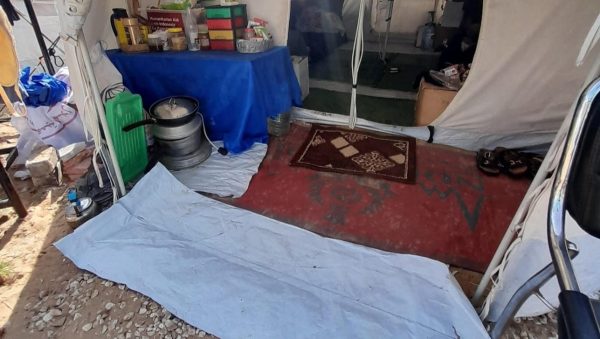
Darlene May, a former professor of Arabic and the curator of the Arabic program at Wake Forest, worked closely with Ahmed during her time here. Together, they taught courses across multiple levels of the Arabic language discipline. Ahmed taught two years of Arabic as an assistant, and also got to teach her own class: Conversation in Standard Arabic.
May noted how virtual classes with Ahmed could be tricky, with internet connection not always guaranteed — despite Ahmed’s apartment being one of few with a generator.
“[Ahmed] was just so, so dedicated and so wonderful, and she never complained,” May recalled. “But electricity was not consistently available. Israel would turn off the electric grid for hours at a time.”
Israeli power lines make up two-thirds of the electricity in the Gaza Strip. Even before the war, electricity was difficult for residents to access, with the region averaging only 13 hours of available electricity per day during 2020.
Despite conflict consistently wracking the region, Ahmed views her home fondly. A favorite place of hers is Al-Rimal Street, which she describes as being Gaza’s “Fifth Avenue” — New York City’s most popular strip.
The majority of the Rimal neighborhood was destroyed last year due to Israeli attacks.
As the Israel Defense Force (IDF) continued moving southward through Gaza, Ahmed and her family continued to flee, relying on funds raised by Von Burg and others to purchase the necessary travel documents to escape to Egypt. While travel documents for visiting Egypt before the war were around $500 to complete, May says that the price has jumped to $5000 since the war began.
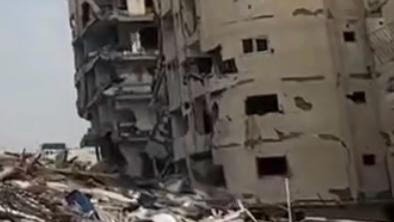
“[Ahmed’s] apartment building was bombed early on,” May said. “She and her mother and two brothers lost everything and had to start moving … they [have been] pretty much refugees in their own country [since] late October.”
Ahmed and her family left their home on Oct. 13 after it was bombed. They fled to Rafah, a city on the southern border of the Gaza Strip, where they were set to evacuate into Eygpt on May 7. On May 6, Israel told Palestinians stationed in Rafah to evacuate. On May 7, the day Ahmed was set to cross the border, Israel launched a ground attack on the city.
The border closed before Ahmed’s name was called.
“I have experienced so many wars, but I have never imagined that I might leave my home and my city,” Ahmed said. “… We didn’t have much time, and we had to put our whole life in small bags.”
Ahmed and her family fled Rafah to Mawasi Khan Younis and have continued to live out of bags and off of donations for nearly a year.
Defining home
Ahmed has always been a teacher. Before the war, Ahmed worked as an English teacher for the United Nations Relief and Works Agency for Palestine Refugees (UNRWA). She was meant to sign a fixed-term contract with the agency in October 2023, before the war began.
Ahmed told the Old Gold & Black she finds comfort in remembering her time at Wake Forest.
“I always think about my time at Wake Forest and the U.S.,” Ahmed said. “… Whenever I want to feel happy, I open the studio app and look at my pictures. During this time I felt that I owned the world.”
With the majority of schools in Gaza destroyed, and the remaining ones being used as shelters, Ahmed’s post-war future remains unclear. For now, though, escaping the heart of the war with her family is her main goal.
Funds continue to be raised for Ahmed and her family — hoping to give them a way to start a new life. Escape will be a cause for celebration, but also a loss for the family as they leave their only home.
As Ahmed and her family continue to survive together, they see a Gaza they do not recognize — and mourn the Gaza that they lost nearly a year ago.
“A lot of ideas and beliefs have changed during this war. One of them is the idea of home,” Ahmed said. “Earlier I thought that home is where my family is, especially [since] I lived one year abroad, but war has changed this idea.”
She continued: “After nine months of displacement, I can say home is where I can feel safe. Home is where I can sit, sleep, talk and cook freely. Home is where I gather with my family and friends. Home is where I can have my personal space. Home is where I open the door to find my mother waiting for me. Home is where my memories are. Home is what I left on the 13th of October.”
This story was originally published on Old Gold & Black on October 9, 2024.



